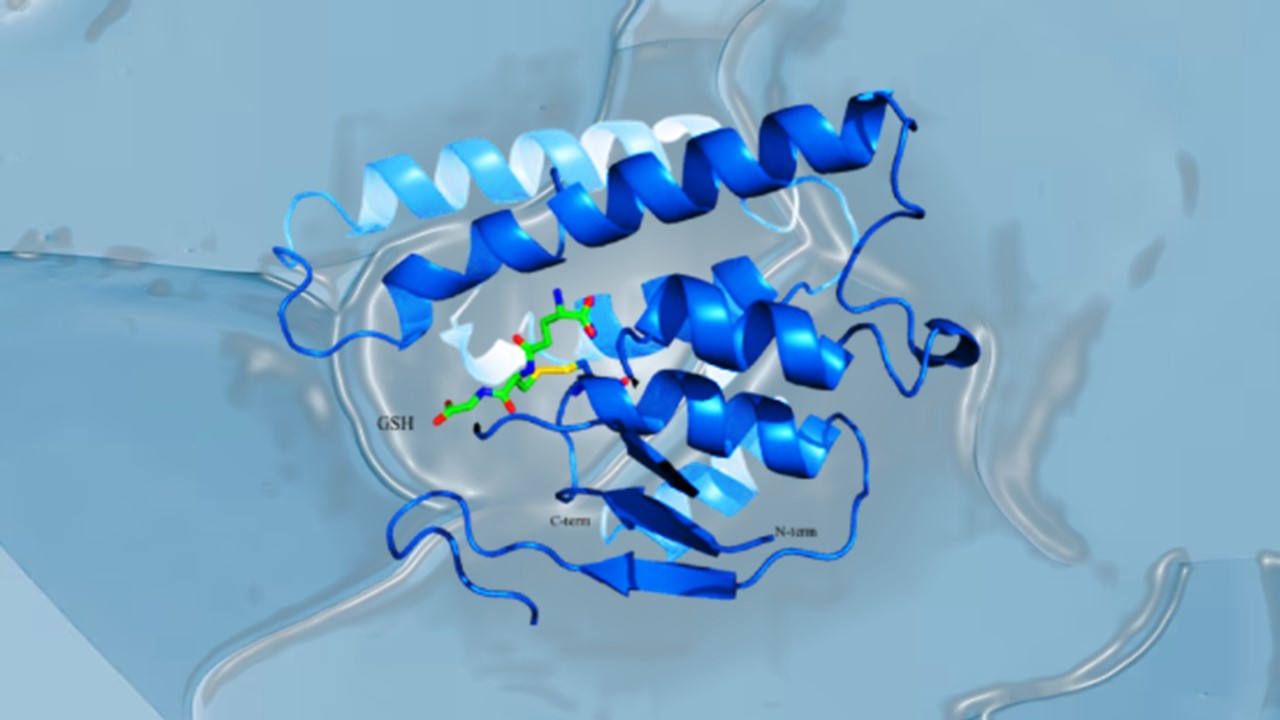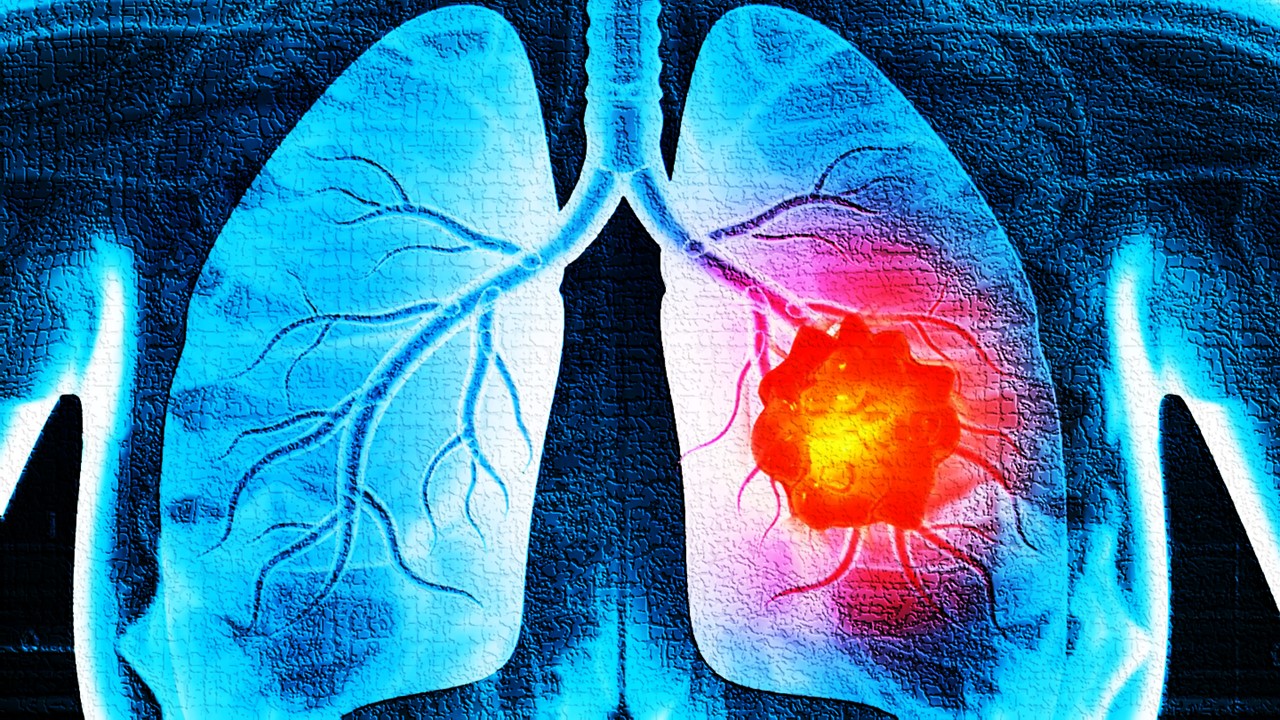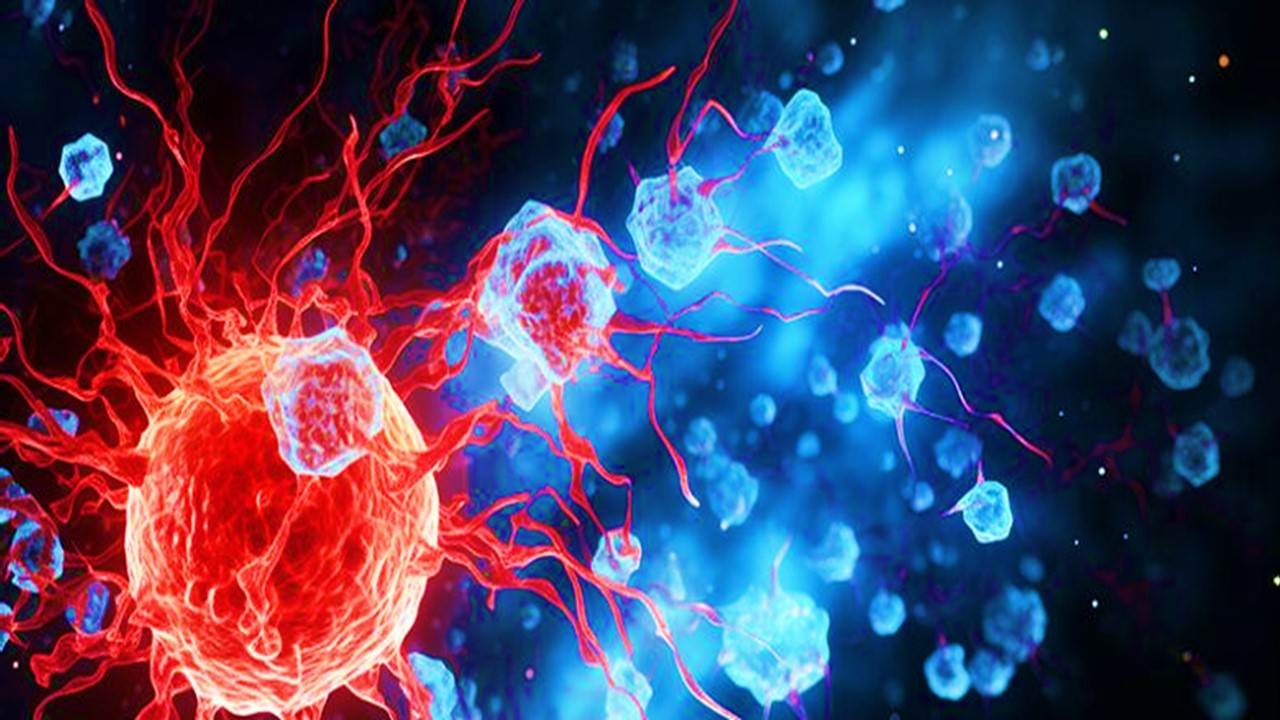In the vast landscape of modern oncology, few battles are as fierce as the fight against acute myeloid leukemia (AML). Traditional methods of drug discovery and treatment have seen incremental successes, yet AML remains a particularly formidable opponent, especially in relapsed or refractory cases. Among the promising modern approaches, chimeric antigen receptor (CAR) T cell therapy has garnered considerable attention. While it has demonstrated impressive efficacy in B-cell malignancies, its potential in AML has been tempered by significant hurdles. A recent pilot study on autologous anti-CD123 CAR T cells reveals both the promise and complexity of this therapeutic approach, marking a pivotal moment in the evolution from traditional to modern lead discovery in cancer treatment.
The Complexity of CAR T Cells in Treating AML
CAR T cell therapy has revolutionized the treatment of B-cell cancers, largely by harnessing the body’s immune system to target and eliminate cancerous cells. CAR T cells are engineered from a patient’s own T cells, which are modified to express synthetic receptors capable of identifying and attacking cancer cells. However, translating this success to AML has proven elusive. The primary challenge lies in the unique biology of AML, which complicates both the efficacy and safety of CAR T cell therapy.
AML is characterized by the rapid proliferation of abnormal myeloid cells, which makes it one of the most aggressive blood cancers. Despite advances in treatment, relapsed or refractory AML remains difficult to manage. Traditional therapies, including chemotherapy and hematopoietic stem cell transplants, often fail to provide long-term remission in these cases. The identification of CD123, a protein frequently expressed on AML cells, has paved the way for CAR T cell therapies that specifically target these malignant cells.
In a recent study, autologous anti-CD123 CAR T cells were tested in 12 adult patients with relapsed or refractory AML. These T cells were successfully manufactured in the majority of cases, demonstrating that CAR T cell production is feasible even in this challenging context. Yet, while manufacturing was successful, the clinical results highlighted significant obstacles, including high rates of cytokine release syndrome (CRS) and relatively low response rates.
Cytokine Release Syndrome: A Double-Edged Sword
One of the major complications associated with CAR T cell therapy in AML is the occurrence of cytokine release syndrome (CRS), an inflammatory response that can occur when CAR T cells encounter their target. In the study, 83% of participants experienced CRS, and in some cases, this response led to severe, life-threatening complications. CRS, while often manageable, presents a significant challenge in AML, where patients are often already immunocompromised and less able to tolerate such intense inflammatory reactions.
CRS is triggered by the release of cytokines – proteins that facilitate communication between cells of the immune system. These cytokines, particularly IL-3, GM-CSF, and FLT3L, not only drive the immune response but also support the survival of AML cells. This creates a paradoxical situation where the very therapy designed to eliminate cancer cells inadvertently fosters their persistence by promoting an environment conducive to their survival. This cytokine-mediated resistance mechanism is distinct from what has been observed in B-cell malignancies, underscoring the unique challenges posed by AML.
Resistance Mechanisms in AML: Cytokine Signaling and CAR T Cell Exhaustion
The study’s most intriguing finding relates to the role of cytokine signaling in the resistance of AML cells to CAR T cell therapy. Researchers discovered that the secretion of myeloid-supporting cytokines during CAR T cell infusion actually contributed to the survival of AML blasts. This survival was mediated through kinase signaling pathways that promoted the persistence of AML cells, effectively exhausting the CAR T cells and diminishing their ability to target and destroy the cancerous cells.
This resistance mechanism is particularly concerning, as it suggests that the biological environment within AML patients is actively working against the therapy. The secretion of these cytokines not only limits the effectiveness of CAR T cells but also contributes to the poor clinical outcomes observed in the study. Of the 12 patients treated, only three achieved a clinical response, and the overall response rate was a modest 25%. This indicates that while CAR T cell therapy may have potential in AML, its current formulation is insufficient to overcome the unique resistance mechanisms inherent in the disease.
Targeting Cytokine Signaling: A Path Forward
Given the central role of cytokines in promoting AML survival, researchers have turned their attention to combination therapies that could mitigate this resistance. One promising avenue involves the use of JAK/STAT pathway inhibitors, such as ruxolitinib, to block cytokine signaling and enhance the efficacy of CAR T cells. In preclinical models, the addition of ruxolitinib restored the sensitivity of AML cells to CAR T cell therapy, effectively overcoming the cytokine-mediated resistance.
This approach represents a significant step forward in the development of combination therapies for AML. By inhibiting the cytokine signaling pathways that promote CAR T cell exhaustion, researchers hope to enhance the overall effectiveness of the therapy and improve clinical outcomes. While these findings are preliminary, they suggest that combining CAR T cell therapy with cytokine signaling inhibitors could provide a more robust and durable treatment option for patients with relapsed or refractory AML.
Current Diagnosis and Management of AML
Diagnosing AML requires a detailed understanding of the patient’s hematological profile. AML is often identified through the presence of abnormal myeloid cells in the bone marrow and blood, and further characterized by cytogenetic and molecular testing to identify specific mutations and markers such as CD123. These diagnostic tools are essential for determining the prognosis and guiding treatment decisions, particularly in relapsed or refractory cases where traditional therapies may no longer be effective.
Management of AML remains a complex and evolving field. For newly diagnosed patients, the standard of care typically involves intensive chemotherapy followed by hematopoietic stem cell transplantation in eligible individuals. However, for those with relapsed or refractory disease, treatment options are more limited. Targeted therapies, such as FLT3 inhibitors and IDH inhibitors, have shown promise in specific subtypes of AML, but their efficacy is often limited by the development of resistance mechanisms similar to those seen with CAR T cell therapy.
The Future of Pharmacological Approaches in AML
Pharmacological approaches to AML treatment are continuously evolving, with a growing focus on targeted therapies that address the specific genetic and molecular characteristics of the disease. The development of inhibitors targeting pathways such as FLT3, IDH1/2, and BCL-2 has provided new options for patients, particularly those with specific mutations. These targeted therapies, while not curative, offer the potential for prolonged remission and improved quality of life for patients with AML.
The future of AML treatment will likely involve a combination of traditional cytotoxic therapies, targeted molecular inhibitors, and immunotherapies such as CAR T cells. The challenge will be to integrate these approaches in a way that maximizes efficacy while minimizing toxicity. As researchers continue to uncover the complex biological mechanisms driving AML, the hope is that new therapies will emerge that can provide lasting remissions for patients with this aggressive disease.
In the context of modern lead discovery, the journey from traditional drug discovery methods to innovative therapies like CAR T cells represents both the progress made and the hurdles that remain in the quest to conquer AML. By understanding and addressing the unique challenges of this disease, the path forward may lead to more effective, personalized treatments that offer hope to patients and families facing the devastating impact of AML.
Study DOI: https://dx.doi.org/10.1038/s41591-024-03271-5
Engr. Dex Marco Tiu Guibelondo, B.Sc. Pharm, R.Ph., B.Sc. CpE
Editor-in-Chief, PharmaFEATURES

Subscribe
to get our
LATEST NEWS
Related Posts

Immunology & Oncology
The Silent Guardian: How GAS1 Shapes the Landscape of Metastatic Melanoma
GAS1’s discovery represents a beacon of hope in the fight against metastatic disease.

Immunology & Oncology
Resistance Mechanisms Unveiled: The Role of Glutathione S-Transferase in Cancer Therapy Failures
Understanding this dual role of GSTs as both protectors and accomplices to malignancies is central to tackling drug resistance.
Read More Articles
Myosin’s Molecular Toggle: How Dimerization of the Globular Tail Domain Controls the Motor Function of Myo5a
Myo5a exists in either an inhibited, triangulated rest or an extended, motile activation, each conformation dictated by the interplay between the GTD and its surroundings.
Designing Better Sugar Stoppers: Engineering Selective α-Glucosidase Inhibitors via Fragment-Based Dynamic Chemistry
One of the most pressing challenges in anti-diabetic therapy is reducing the unpleasant and often debilitating gastrointestinal side effects that accompany α-amylase inhibition.













